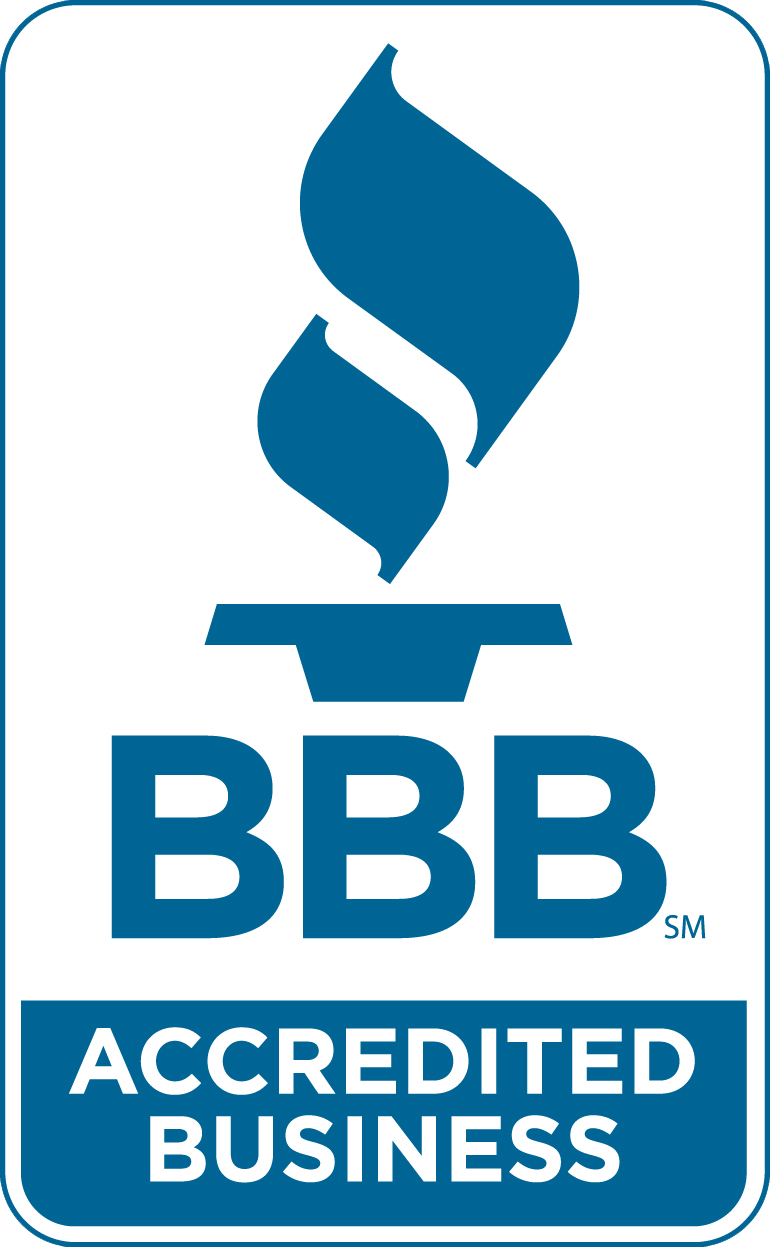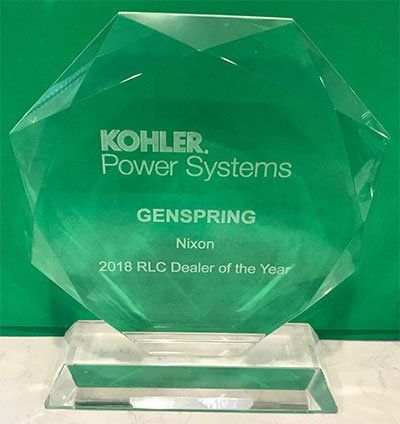A Grid Under Siege: Georgia’s Utilities Are Being Threatened
There are several common power outage scenarios to take into consideration when preparing for an outage – all of which we’ve outlined to help homeowners anticipate and prepare for scenarios ranging from “short-term inconvenience” to “long-term exceptional.”
Yet over the past two years since we originally published this article, we continue to hear frequent reports of various types of threats to the electric utility grid. In fact, many of our customers share their concerns regarding these threats, specifically when it comes to utility infrastructure and the potential for cyberterrorism.
Utility infrastructure is a weak link
It’s optimistic to see so much new residential and commercial construction throughout Georgia as our economy continues to strengthen. In addition to the road construction necessary to support this increase in activity, the local utility infrastructure will also need to be expanded as contractors connect new distribution lines. However, it’s the feeder and transmission lines serving multiple areas which must be specifically upgraded to ultimately support this growth. If there is weakness in the overall infrastructure, then there could be more frequent power outages during peak periods of demand – such as on extremely hot or cold days.
As the Genspring Power service team meets with customers, we’re often asked, “Why does the power go out on a perfectly nice day?” More than likely the answer is that some component of this expanded infrastructure failed. (Most likely a transformer.) And depending on both when it occurs and the extent of the failure, the loss of power could range from hours to days. For some this may just be an inconvenience. But for those with medical issues or other personal necessities, it could be a far more serious issue.
Cyberterrorism is a serious threat
Of the major threats facing the energy sector, including the electric utility grid, cyberterrorism is of the utmost concern. Unfortunately, a day doesn’t go by without hearing how it’s affecting consumers, private industries and/or government entities, yet it’s also become the gorilla in the room as policy is slowly being addressed. Whether the threat is to financial data, taking down a network’s system, or holding an entity hostage with ransomware , it certainly makes one question if anyone or anything is safe in this digital world – including our power grid.
Recently, we met one-on-one with a customer who is frequently briefed on cyber threats in the utility industry. This of course prompted us to ask, “How real is the threat of cyberterrorism?” Without hesitation he answered, “Far more serious than the general public realizes.” Another GenSpring Power customer who works in computer security confirmed the same sentiment: this threat is real and should be taken seriously. They were so concerned about cyberterrorism that the family moved away from the metro-Atlanta area to build a new, energy efficient home in Northern Georgia, protected by a 10kW Kohler generator to meet the basic demands of their home.
In Flashpoint’s end-of-year Business Risk Intelligence Decision Report , six of the nine top Threat Actors (a combination of threats from nation-states and other, known cyberterrorist organizations) present a “severe” or “catastrophic” risk to the energy, financial, telecom, and government/military sectors – all vital to the United States economy.
How can one minimize the impact of these threats?
GenSpring Power has been helping Georgia locals prepare for these types of threats for the past 15 years by providing reliable standby power solutions to homes and businesses across the state.
Contact us today online or by phone to schedule your free, in-home consultation.





